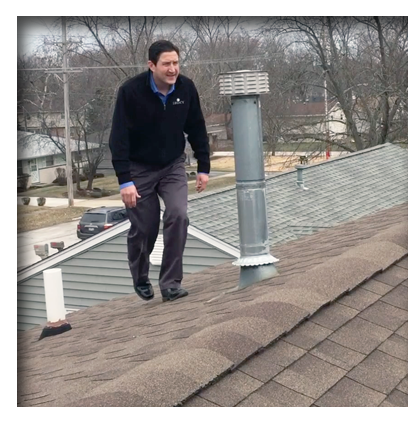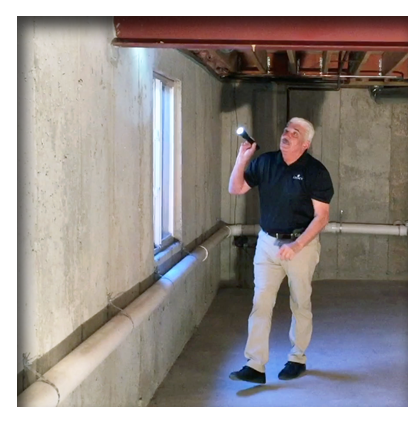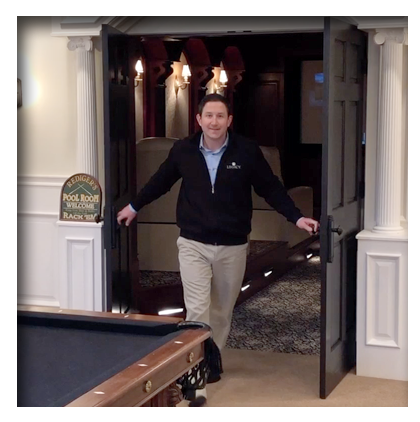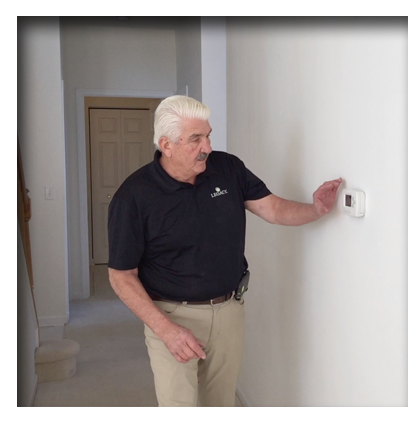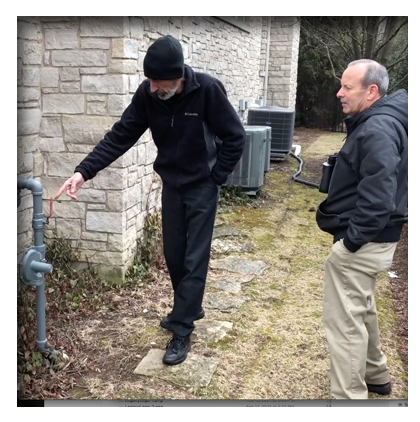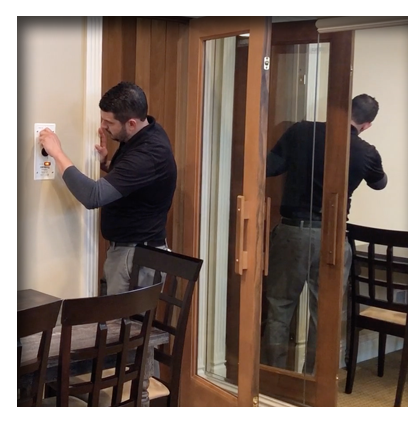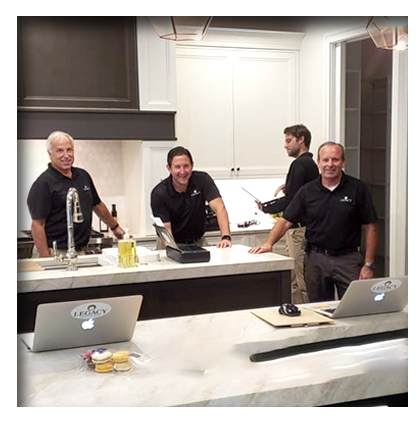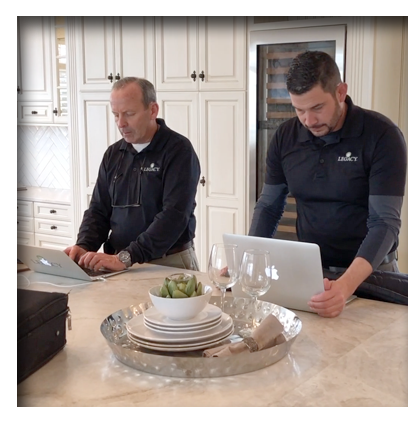Understanding the Home Inspection
PURPOSE
The home inspection is the opportunity for the buyer of a property to hire a licensed professional to inspect the home and to provide a report as to the condition of the home on the day of the inspection. It can be invaluable in determining the livability of the home, what pertinent improvements must be made, how safe the home is, and how well it has been maintained.
ATTENDANCE
The buyer should plan on being present for the home inspection. It is a better inspection when the home inspector can demonstrate the items he will include in the report, both positive and negative. The State requires the buyer sign a pre-inspection agreement which specifies what will and will not be done during the inspection of the home.
GREAT INSPECTORS
The qualities a buyer should find in a good home inspector are experience, professionalism, objectivity, and understanding. With each inspection the learning curve increases and the more homes an inspector investigates the greater awareness he will have of the likely sources of problems. Being on time, neatly attired, and respecting the home defines an inspector who respects his client, the agent, and the home inspection process. A good inspector will evaluate the home, report on all aspects, good and bad, and give a balanced, unemotional report. Finally, a quality inspector understands the buying process and delivers a concise, readable report at the conclusion of the home inspection.
THE LIMITATIONS
The home inspector may not be able to access the roof. He will be limited by snow cover. He may not turn on valves or mechanical items that the owner has willfully closed or shut down. He will do no probing or dismantling of items. Air conditioners cannot be operated when the exterior temperature is below 65 degrees Fahrenheit.
REMEMBER
A Brief Description of the Major Areas Inspected
ROOF
On the exterior of the home the number of layers, condition of the shingles, and an approximate age of the roof will be assessed.
The inspector will check the living areas and all attic areas for signs of past or present roof leakage.
STRUCTURE
All accessible structural components in the basement and attic will be examined for signs of alteration.
The foundation walls and floor will be inspected for structural deficiencies and signs of movement.
PLUMBING
The overall water pressure and drainage of the home will be evaluated.
All accessible water supply pipes, drains, and fixtures will be examined for signs of leakage.
The age and condition of the water heater will be determined.
HEATING & COOLING
The furnace or boiler will be checked for proper operation and indications of recent maintenance or service.
Weather permitting, the air conditioning unit will be operated and evaluated.
The age of all HVAC units will be determined.
ELECTRICAL
The amperage and voltage of the electrical system will be determined and assessed.
The electrical panel will be examined for overcrowding, corrosion, and safety hazards.
All accessible outlets will be checked for proper grounding and polarity.
WINDOWS
Replacing all windows in a home can be the most expensive system to update.
Windows will be checked for proper operation, damaged glass or framing, broken thermal seal, and efficiency.
The Five Biggest Home Inspection Mistakes to Avoid
From ‘5 Biggest Home Inspection Mistakes To Avoid’
by Damian Wolf
Trying to find the cheapest inspector is not a good tactic.
In fact, a cheap home inspector will end up costing you more in the long run as he will not be qualified to perform a thorough home inspection and chances are he is not going to have a very extensive checklist, nor the capability to notice little details that can lead to major problems.
If you hire a home inspector who can do a good job, but decide that you can live with some structural issues as long as they lower the price, you will end up living in a death trap and money vacuum of a house. Have the little problems fixed, but if there are too many problems, just look elsewhere.
This is quite a common scenario, especially when people are not doing so well financially or they want to give someone in their family an opportunity to make a bit of money.
Even if someone is willing to “help you out” and do it for free, just respectfully decline and get in touch with a home inspection company that has trained and certified professionals working for them.
There are a lot of professional-looking and professional-sounding hacks out there, every profession has them. These loudmouths can talk the talk but can’t walk the walk, so ask to see some credentials to prove they are a state of Illinois licensed home inspector.
What company do they work for? What information can they provide on that company? How long have they been working? What types of home inspection are they certified to perform – radon testing, health and safety? Ask to see a sample report and interview several home inspectors before making a decision.
The best thing you can do is go along for the ride. Be at the inspector’s side and ask him about things that you don’t understand regarding the home.
It’s easier to get a clear picture when you are staring at the problem point blank then when you have a short remark about it on a piece of paper.
A home inspector is a jack of all trades, but the master of none. He can point you in the right direction and give you some basic information on the state of the plumbing, wiring, heating and structural integrity, but you will need to have a few specialists, e.g. electricians and plumbers, have a closer look at these specific aspects of your new home.
When all is said and done the best advice anyone can give you is to focus on getting the best home inspector available, then getting a more detailed look and following through with the recommended measures. A bit of maintenance work early on saves you a lot of trouble down the road.


